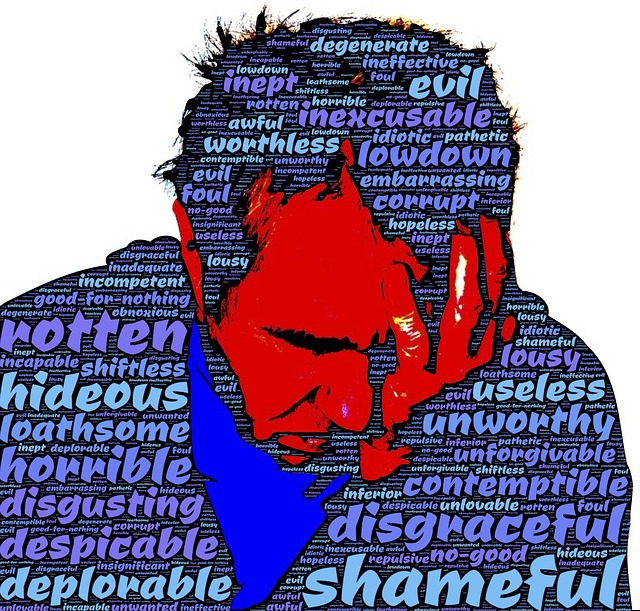The Role of Honor and Culture in Group-Based Humiliation, Anger and Shame
Early theorizing about humiliation originates from research on peer bullying. In peer-violence situations interpersonal derogation serves to establish control or to maintain dominance over ‘weak peers’ by causing humiliation. Likewise, humiliation can be seen as a means of control and social oppression on a much larger scale as well (Giacaman et al., 2007; Lindner, 2001). According to Giacaman et al. (2007) and Lindner (2001), humiliation in intergroup conflicts can be a control tactic that is usually employed by dominant groups towards the weaker ones. However, also weaker groups can humiliate more dominant ones (Otten, Jonas, Doosje, & Erbas, 2011) and, as Smith (2008) argues, people who experience humiliation may temporarily react with acceptance and submission, but they may later develop anger or resentment toward others.
In their research on humiliation in the lives of Palestinians, Somalis and people from other conflict zones, Lindner (2001) and Giacaman and colleagues (2007) found that experiencing repeated humiliating acts generates trauma and high psychological distress. Victims of humiliation generally believe that the treatment they are receiving from others is intentional and undeserved (Ellison & Harter, 2007). Humiliating acts are aimed at the core identity of the person (Hartling & Luchetta, 1999), and do not only threaten self-esteem, but also the ability to belong to a group (Statman, 2000). Humiliation may be experienced in different ways: as a state of defeat or conquest in moments when people are made to believe that they are subordinated and dependent on others (Smith, 2008), as degradation when people feel being pushed down in the social hierarchy of a group, and as rejection and exclusion, when humiliating acts make people feel unworthy and not part of the social group (Statman, 2000; Smith 2008).

How strongly is humiliation associated with other negative emotions? Humiliation seems to include aspects of shame, embarrassment and anger (Miller, 1993; Ellison & Harter, 2007). According to Miller (1993), these emotions are similar, because they are evoked when one’s reputation and social status are threatened, and develop when there is an audience that witnesses the event. They all point to a negative perspective on one’s self, a feeling of deep pain, resulting in a desire to withdraw or shy away. However, humiliation differs from shame and embarrassment in two manners.
First, humiliation involves a stronger sense of unfairness and devaluation of self-importance by others than do shame and embarrassment (Miller, 1993). In this vein, Hartling and Luchetta (1999) argue that while humiliation is experienced when one has been unjustly downgraded, shame involves an internal negative evaluation of oneself that can occur without the embarrassment or humiliation of public judgment. Moreover, embarrassment occurs when outsiders become aware of a shame-inducing event, but humiliation is a broader, deeper sense of degradation one experiences when public ridicule takes place.
Secondly, humiliation is not only associated by a state of pain, and a desire to escape degradation, but also by a strong desire to retaliate, which is not typical of shame and embarrassment (Miller, 1993; Giacaman et.al., 2007; Lindner, E. G., 2001; Smith et al, 2002, Smith, 2008).
For instance, people could feel shame if a family member has been jailed for stealing, and embarrassment if some of the neighbors show curiosity about the reasons that pushed the relative to steal. However, people would experience humiliation if they hear the neighbors gossiping about the whole family and pointing at them when they are walking in the neighborhood.
article author(s)
article glossary
- goal
- sex
- self-esteem
- in-group
- relation
- intergroup conflict
- feeling
- Oppression
- distress
- social group
- shame
- embarrassment
- desire
- perception
- revenge
- interdependent
- self-concept
- factors
- cooperation
- Attachment
- social image
- coping
- cultures of honor
- self-conscious emotions
- discrimination
- action tendencies
- gender
- outgroup
- analytic
- guilt
- Social Identity Theory
- individualism
- collectivism




